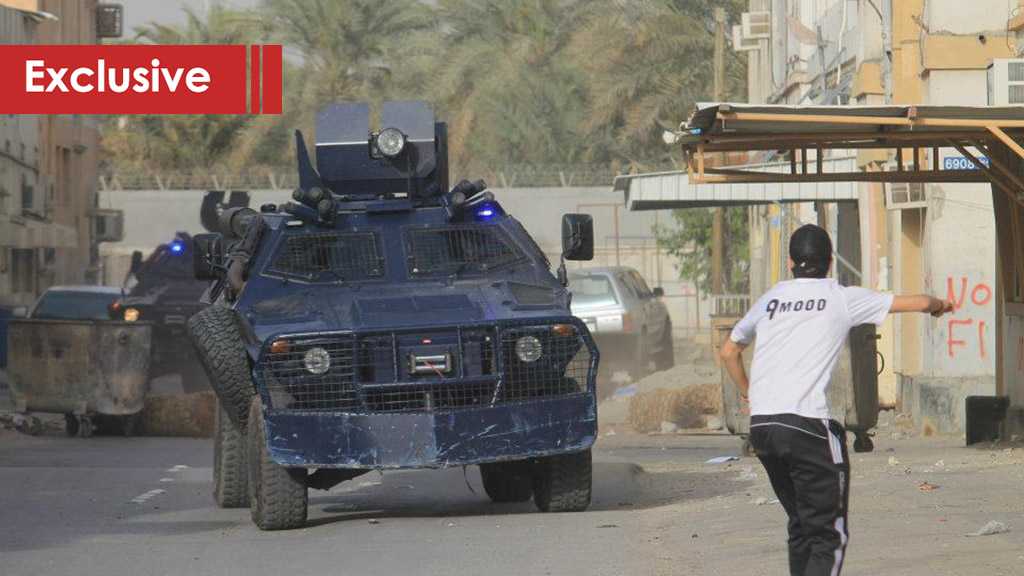The Saudi kingdom of blood has yet another time committed a heinous crime against the peaceful activists of the Shia-populated Qatif province.
As part of a heavy-handed crackdown led by Saudi Arabia’s Crown Prince Mohammed bin Salman [MBS] against political dissidents and pro-democracy campaigners, the Riyadh regime executed two young men from the Qatif over trumped-up allegations of involvement in terrorist activities.
The Saudi Ministry of Interior alleged in a statement on Saturday that the death sentences were carried out against Hussein Ali Al Abu Abdullah and Mohammad Khodr al-Awami.
The ministry further claimed that the Saudi nationals “collaborated with terrorist groups, fomented unrest and insecurity in the country, possessed weapons, ammunition as well as rocket-propelled grenades and attempted to disrupt national security.”
Last month, two human rights organizations filed a complaint at the United Nations against arbitrary executions in Saudi Arabia, especially after the execution of dozens of prisoners in a single day in the ultra-conservative kingdom.
The European Saudi Organization for Human Rights [ESOHR] and Reprieve, a UK-based non-profit organization of international lawyers and investigators, said the Riyadh regime openly declared its disregard for international principles as well as its commitments and obligations through the executions of 81 men, 41 of whom were Shia Muslims, in March.
Social media users have reported heavy deployment of Saudi security forces in the city of Qatif to crush any protest against the recent execution of scores of dissidents.
State news agency Saudi Press Agency said on March 12 that the authorities had executed 81 people in one day on a variety of offences.
The 2022 executions exceeded the total number of Saudi Arabia’s punishments by death throughout last year.
Back in early January 2016, Saudi authorities also executed 47 people, including prominent Shia cleric Sheikh Nimr Baqir al-Nimr, who had vociferously called for democracy in the kingdom and advocated anti-regime protests. Nimr had been arrested in Qatif, Eastern Province, in 2012.
Since 2015, Saudi Arabia has reportedly executed more than 900 prisoners in an increasing rate. In 2019 alone, Saudi Arabia set a record number of executions after authorities executed 184 people, despite a general decrease in the number of executions around the world.
Ever since MBS became Saudi Arabia’s de facto leader in 2017, the kingdom has arrested dozens of activists, bloggers, intellectuals and others perceived as political opponents, showing almost zero tolerance for dissent even in the face of international condemnations of the crackdown.
Human rights activists warn that Saudi officials are planning to execute over 40 teenagers over their participation in anti-regime protests in the Shia-majority Qatif region.
Muslim scholars have been executed and women’s rights campaigners have been put behind bars and tortured as freedom of expression, association, and belief continue to be denied.
Over the past years, Riyadh has also redefined its anti-terrorism laws to target activism.
Filed under: Freedom of Speech, House of Saud | Tagged: al-Qatif Governorate, Mohammed Bin Salman (MBS), Saudi crimes, Saudi Oppression, Saudi Zionist entity | Comments Off on Kingdom of Blood: Saudi Regime Beheads Two Activists from Qatif Province















